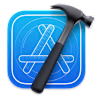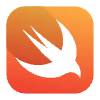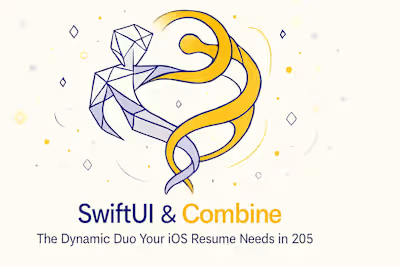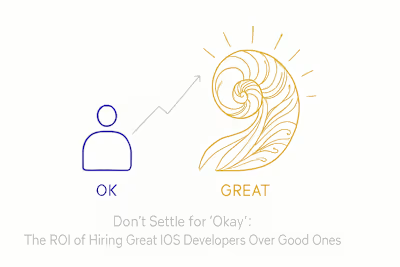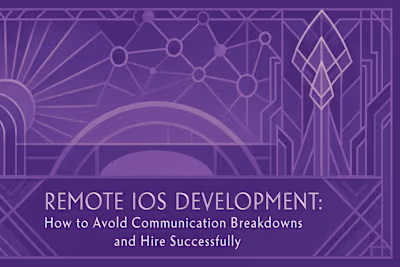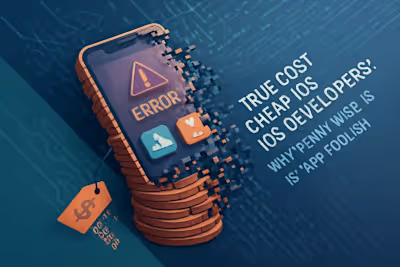Don’t Write Off Objective-C – The ‘Old’ Skill That Still Pays Big
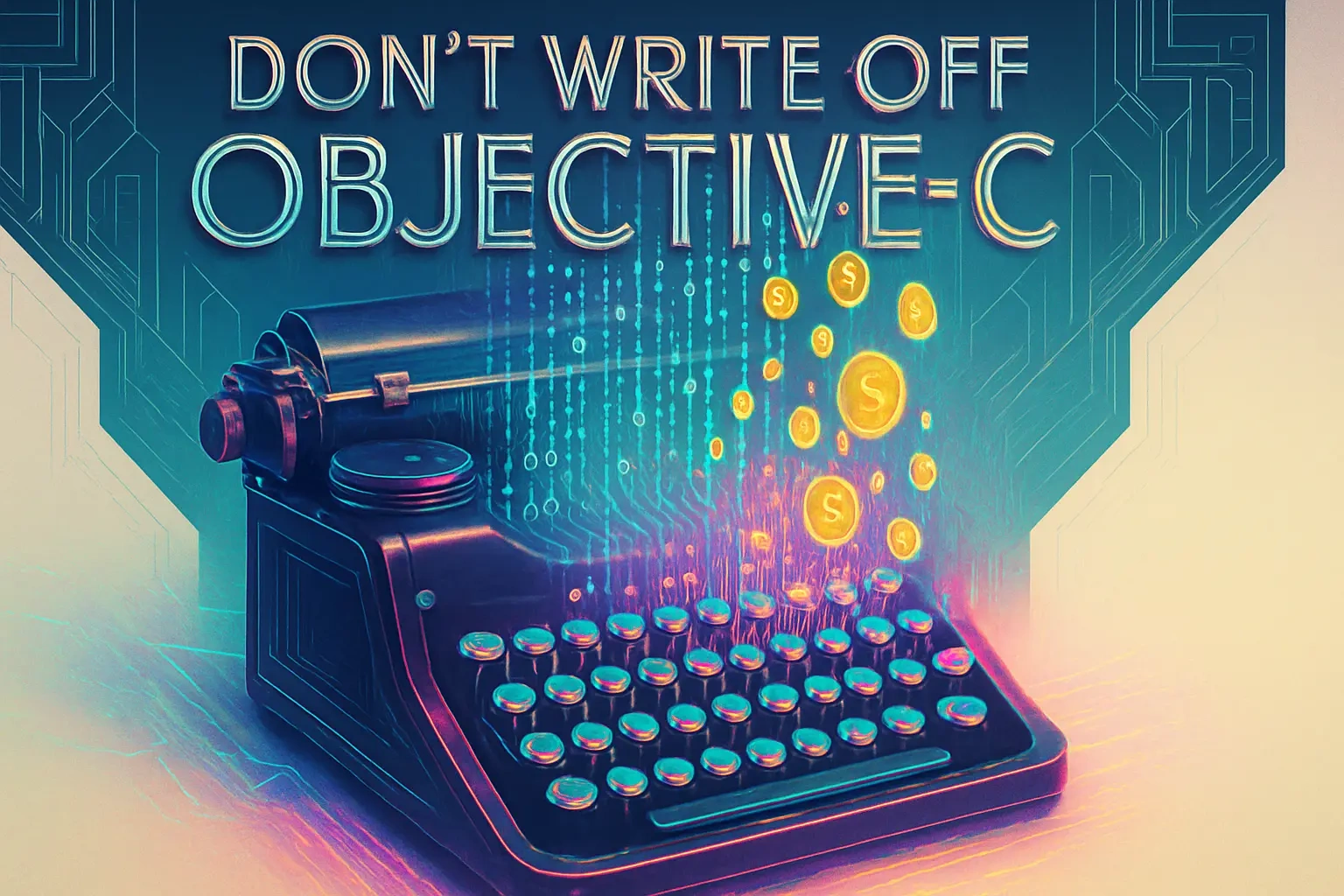
Don't Write Off Objective-C – The 'Old' Skill That Still Pays Big
The Lingering Giant: Why Objective-C is Still Here
Legacy Code is Everywhere
The Foundation of Apple's Frameworks
C and C++ Interoperability
The Freelancer's Advantage: Finding Your Niche
Less Competition, Higher Value
The Profitable World of App Modernization
Becoming the 'Bridge' Developer
How to Approach Learning Objective-C in a Swift-First World
Focus on Reading, Not Just Writing
Understand the Key Differences
Learn Swift-Objective-C Interoperability
Is It for Everyone?
When to Prioritize It
When to Focus on Swift
Conclusion
References
Don't Write Off Objective-C – The 'Old' Skill That Still Pays Big
The Lingering Giant: Why Objective-C is Still Here
Legacy Code is Everywhere
The Foundation of Apple's Frameworks
C and C++ Interoperability
The Freelancer's Advantage: Finding Your Niche
Less Competition, Higher Value
The Profitable World of App Modernization
Becoming the 'Bridge' Developer
How to Approach Learning Objective-C in a Swift-First World
Focus on Reading, Not Just Writing
Understand the Key Differences
[object method] isn't just different punctuation—it represents a different programming model. Messages can be sent to nil without crashing, which leads to very different defensive programming patterns.Learn Swift-Objective-C Interoperability
@objc attributes to make Swift code visible to Objective-C. Learn the nuances of how types convert between languages.Is It for Everyone?
When to Prioritize It
When to Focus on Swift
Conclusion
References
Posted Jul 6, 2025
Swift may be the future, but Objective-C is far from dead. Learn why knowing this legacy language is still a valuable—and profitable—skill for iOS developers in 2025.
0
62

